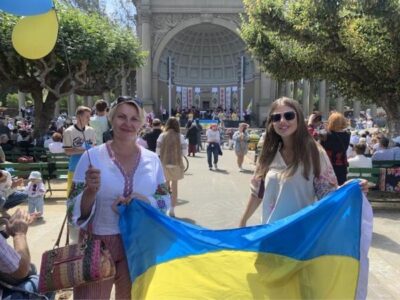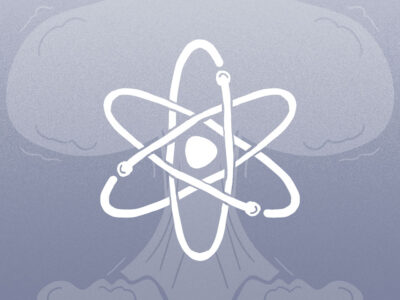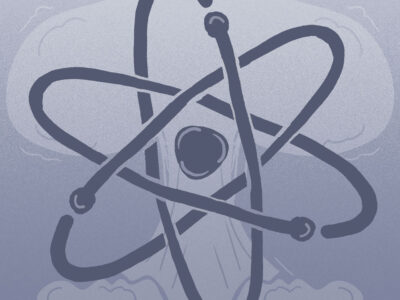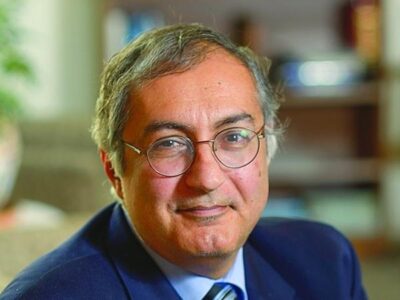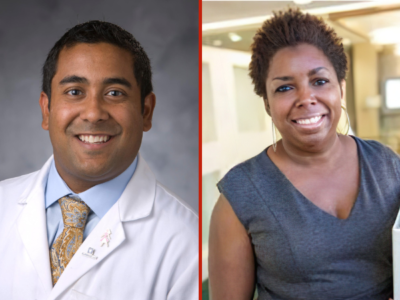To understand the state of affairs with electronic nicotine delivery systems (ENDS), you have to go back to 2006, when ENDS, such as e-cigarettes, became widely available.
Yuliia’s phone rings. She shows me the app warning of an imminent missile strike in her district in Ukraine, grateful that she does not need to respond—for the time being she is safe in the USA.
Earlier this week, The New England Journal of Medicine published the first results of the Pragmatic Nordic-European Initiative on Colorectal Cancer (NordICC) Trial of Colonoscopy, which was conducted in Poland, Norway, Sweden, and the Netherlands to measure the efficacy of colonoscopy in reducing colorectal cancer incidence and mortality.
“Doc, should I cancel my colonoscopy?”
The unprovoked war in Ukraine has raised increasing concerns of a nuclear escalation.
The Russian war against Ukraine continues with no end in sight.
On May 28, 2021, the FDA granted an accelerated approval for sotorasib (which had previously received Breakthrough designation) for previously treated KRAS G12C non-small cell lung cancer (NSCLC) at a dose of 960 mg daily.
Can you imagine, as a radiation oncologist, you have to shelter your patients in a Co-60 vault to protect them from missiles, provide them with water by melting snow, feed them, keep them warm by using a backup power generator, and evacuate them just two hours before the missile destroys the radiation oncology department?
It’s been a hot summer all over the world, but our work doesn’t stop as our problems need solutions.
Research shows that cancer patients who receive navigation have improved survival, access to advanced care like clinical trials, and services like genetic testing and palliative care. Navigation often results in increased screening and patients receiving treatment sooner, resulting in improved quality of life and more cancer-free days.



